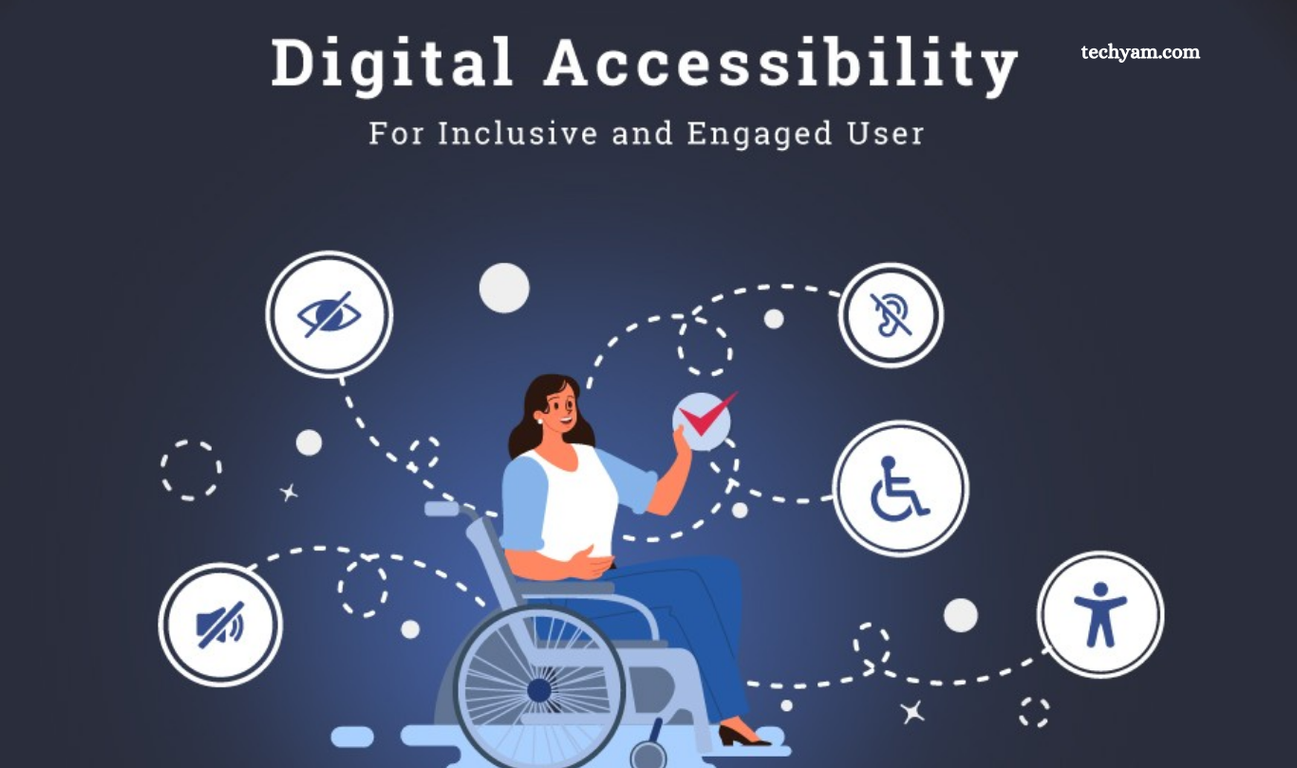Today’s digital age defines access to a wide range of information on subjects like science, history, art, antoday’s development. “Your Topics | Multiple Stories” offers a creative approach to exploring these themes. Stories present diverse perspectives, simplify complex concepts, and strengthen human connections.
Engaging content is crucial in the digital era. The multiple stories strategy effectively captures audience interest. By producing varied content on a single topic, you can dive deeper into the subject while offering your audience fresh and captivating formats.
What Is “Your Topics | Multiple Stories”?
“Your Topics | Multiple Stories” is a concept designed to let users select subjects important to them while receiving multiple stories or pieces of content on those topics. This approach emphasizes personalization. Whether through blog posts, news updates, or instructional tools, it offers diverse insights tailored to your interests.
Skip irrelevant content and save time. The multiple stories experience is as unique as your needs. Think of it as an intelligent digital assistant that regularly uncovers, updates, and delivers stories about your favorite topics, ensuring you stay informed with relevant content.
Read More: Procurementnation.com Shipping: Streamlining Your Online Shopping Experience
Example to Explain: What are Multiple Stories
Let’s explore “The Effects of Climate Change” to demonstrate this concept. Instead of focusing on a single case study or incident, you can examine several stories:
- A farmer struggles with crop failures due to extreme weather conditions.
- A coastal community facing relocation as sea levels rise.
- Policymakers working on sustainable projects to address climate change.
- A scientist’s research on how wildlife is adapting to climate change.
By combining these diverse stories, you create a more engaging and educational narrative that highlights the broad impact of climate change.
Important Features and Advantages
This strategy organizes information into dynamic, multi-narrative frameworks, creating a thorough learning experience. Here are its key benefits:
- Multiple Viewpoints: Several stories provide a well-rounded understanding of the topic by showcasing different perspectives and experiences.
- Depth and Complexity: Exploring multiple stories reveals deeper insights, enhancing the subject’s complexity and detail.
- Engagement and Interest: A variety of stories keeps readers engaged, reducing monotony and maintaining interest.
- Richness and Texture: Using the “Your Topics | Multiple Stories” approach adds depth and richness, making the topic more memorable and impactful.
What Is It Called When a Story Has Multiple Stories?
Multi-narrative storytelling, interwoven stories, nested stories, or parallel storylines are terms often used to describe a single narrative that incorporates multiple stories. This structure is commonly found in television shows, movies, and novels. For example, books like Cloud Atlas weave various stories into a complex, interconnected narrative.
In the context of your topics, multiple stories can share a common subject, style, or setting while presenting different viewpoints or plots. This approach fosters dynamic storytelling, attracts a broader audience, and adds rich, detailed layers to the overall narrative.
Manage Your Creativity: Is It OK to Write Multiple Stories at Once?
Writing multiple stories simultaneously is a valuable technique. Many authors, bloggers, and innovators use this method to stay motivated and avoid creative blocks. Creating more than one story under your topics allows you to explore diverse ideas and themes, enriching your content and keeping the creative flow active.
Subjects Where This Approach is Beneficial
While this technique can enhance any subject, it is especially effective for exploring the following:
- Historical events
- Social issues
- Scientific discoveries
These topics benefit from multiple narratives, offering diverse perspectives and deeper insights.
Your Topics | Multiple Stories Enhance Learning
Learning techniques that incorporate multiple narratives can enhance focus and retention, making complex concepts easier to grasp. “Your Topics | Multiple Stories” plays a key role in simplifying complex ideas.
- The Use of Narrative in Education
Instructors can engage students by incorporating stories into lessons. For example, using real-world problem-solving narratives to teach mathematical concepts helps learners better understand and solve complex problems. - Promoting Critical Thinking
Examining multiple stories encourages critical thinking. Similar to literature studies, analyzing different narratives allows students to explore themes, perspectives, and structures, deepening their understanding.
What are Multiple Stories? How Do You Make Multiple Stories?
To successfully implement this strategy, follow these key steps:
Select a Main Topic
Choose a theme that resonates with your audience and aligns with your objectives. Ensure the topic is broad enough to inspire multiple stories while staying focused.
Assess Audience Preferences
Use analytics tools to identify the formats and platforms your audience engages with the most, helping you understand their preferences.
Arrange a Variety of Formats
Explore different ways to present the topic. Consider social media posts, seminars, e-books, podcasts, articles, videos, and infographics.
Link the Stories
Find ways to connect the various narratives, creating a cohesive and interrelated storytelling experience.
Maintain Consistency
Maintain a consistent tone, rhythm, and standard across all stories. This will ensure that readers remain engaged with your multi-story approach.
Use Visual Aids
To organize details, use tools like timelines, character maps, or diagrams. Apps such as Trello can help manage and simplify the process of handling multiple stories.
By following these steps, you can create compelling, informative content that engages your audience and leaves a lasting impression.
The Effect of Multiple Stories on Individual Development
Connecting with multiple stories not only enhances comprehension but also fosters personal growth.
Developing Empathy
“Your Topics | Multiple Stories” helps build empathy.
Example: Reading biographies from diverse backgrounds enhances emotional intelligence and understanding of others’ perspectives.
Improved Communication Skills
Relating various stories enables more explicit expression of ideas.
Example: A broad knowledge base leads to stronger arguments and more persuasive communication.
Lifelong Learning
Continuous exploration keeps the mind engaged and active.
Example: Regularly reading new stories promotes ongoing personal development and intellectual growth.
Challenges to Remember
- Keep detailed records or outlines for each story to avoid inconsistencies.
- Use your time efficiently to ensure steady progress on every story.
- Inconsistent formats can disrupt the flow of content, so maintain uniformity across all narratives.
Frequently Asked Questions
What is “Your Topics | Multiple Stories”?
“Your Topics | Multiple Stories” is an approach that explores a single topic through various narratives, offering diverse perspectives and formats. It allows you to delve deeper into a subject, engaging your audience with different angles and creating a richer, more comprehensive learning experience.
How does this strategy improve engagement?
By presenting multiple stories, you provide your audience with varied content, keeping them engaged and interested. Different formats and perspectives prevent monotony and allow for a more dynamic and interactive experience.
What kinds of topics are best suited for this strategy?
Topics like historical events, social issues, scientific discoveries, and personal stories work well with this approach. These subjects benefit from different viewpoints and allow for a more thorough exploration through multiple narratives.
How can I implement this strategy effectively?
To implement “Your Topics | Multiple Stories,” select a broad yet focused main topic, assess your audience’s preferences, explore various formats (such as blogs, videos, and podcasts), and link the stories together to create a cohesive narrative. Consistency and using visual aids, like timelines or diagrams, will also help manage the stories effectively.
How can multiple stories enhance learning?
Yes, this strategy is particularly effective in education. By using multiple narratives, instructors can make complex concepts easier to understand and more relatable, promoting critical thinking and active engagement among students.
What are the benefits of using multiple stories in content creation?
Using multiple stories adds richness, depth, and variety to your content. It allows for a more detailed exploration of topics, fosters better engagement, and provides more opportunities for your audience to connect with the material.
Conclusion
The “Your Topics | Multiple Stories” approach offers a dynamic and effective way to explore a subject from various perspectives, enriching your content and enhancing audience engagement. By incorporating multiple narratives, you can provide depth, maintain interest, and create a more comprehensive understanding of the topic.
This strategy not only boosts creativity and learning but also fosters critical thinking, empathy, and communication skills. Whether used in education, content creation, or personal development, it empowers you to craft meaningful and impactful stories that resonate with your audience.







